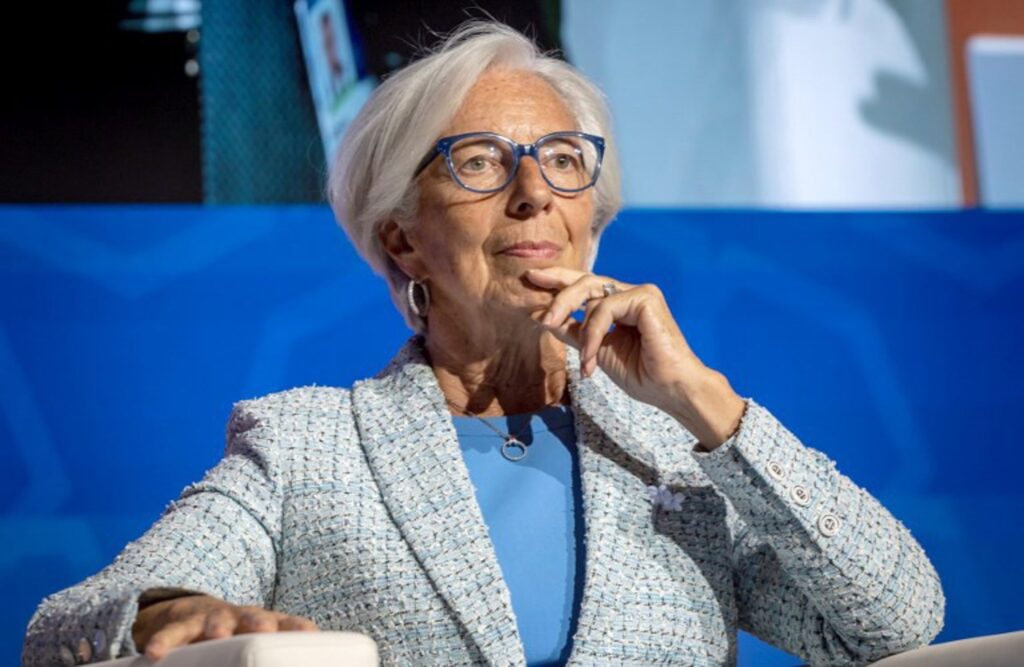The European Central Bank (ECB) on Wednesday announced the launch of the preparatory phase - involving tests and experiments - of the digital euro, designed as a response to the growing dematerialisation of payments and cryptocurrencies.
“We must prepare our currency for the future,” ECB President Christine Lagarde said in a statement at the end of a two-year evaluation of the project.
The preparatory phase will also have an initial duration of two years, and will “pave the way for a future decision” on the possible issue of a digital euro.
Not yet a green light for a digital euro
The launch of the phase does not, therefore, constitute a green light for the creation of a digital euro. Such a decision will only be considered by the ECB Governing Council once the European Union’s legislative process has been completed.
The European authorities – Parliament, Commission, Council, Eurogroup – have yet to give the digital euro an official status.
Ms Lagarde stressed that the digital euro is being envisaged as a cash-equivalent that can be used for all digital payments, free of charge, and which would guarantee the highest level of confidentiality for a currency that will be used daily by almost 350 million Europeans.
Cash payments on the decline
The ECB, which notes the continuing decline in cash payments in an increasingly digital economy, must prepare to issue a digital euro alongside cash, said Fabio Panetta, a member of the ECB’s Executive Board.
However, the digital euro is a source of concern fuelled by misinformation campaigns. Internet users have been claiming on social networks that its aim would be to do away with cash and enable widespread surveillance of citizens, by monitoring their purchases and financial transactions.
The ECB has always insisted that the digital euro is not intended to replace cash, and is preparing a new series of banknotes to be used alongside it.
Platform for EU-wide payment services
The future virtual currency is also intended to serve as a platform enabling European financial intermediaries to offer payment services available throughout the euro zone. It will serve as an alternative in a European card payments market dominated by two players, Visa and Mastercard, whose cards are not themselves accepted everywhere, and will be distributed by authorised banks and fintechs.
The ECB’s commitment comes at a time when some 100 central banks around the world, notably in China, the UK and the USA, are also working on issuing their own digital currencies.
The Frankfurt-based institution fears that the proliferation of virtual currencies, whether private or national, could undermine the influence of the single European currency.
“A digital euro would enhance the efficiency of European payments and contribute to Europe’s strategic autonomy,” says Panetta.

